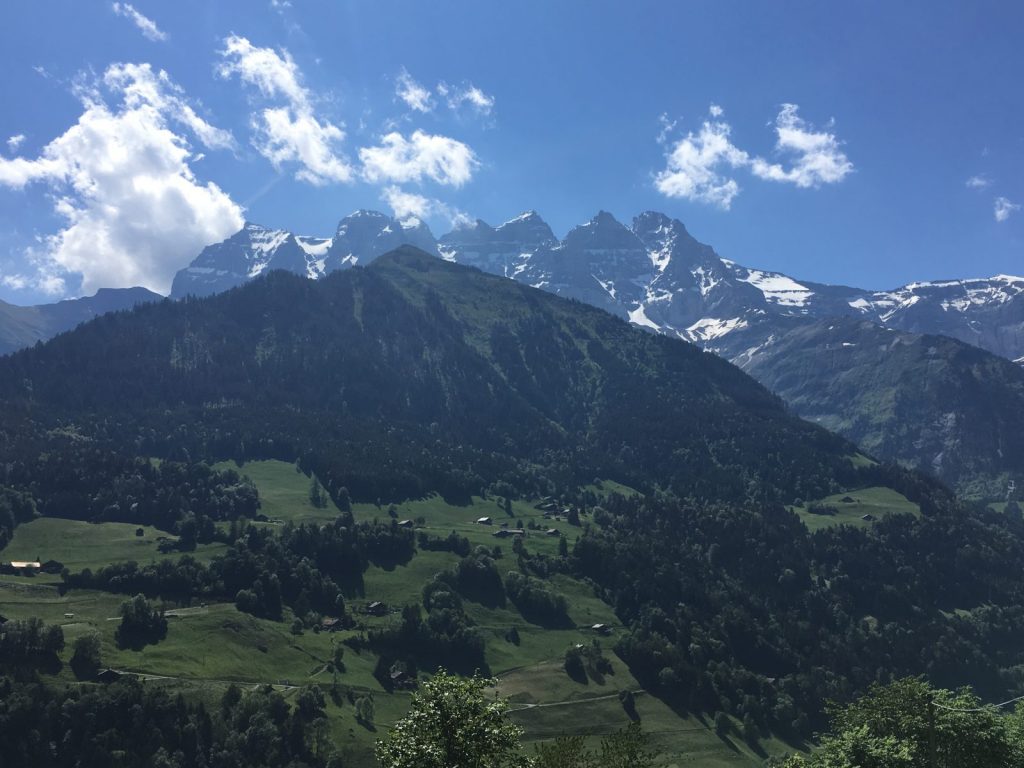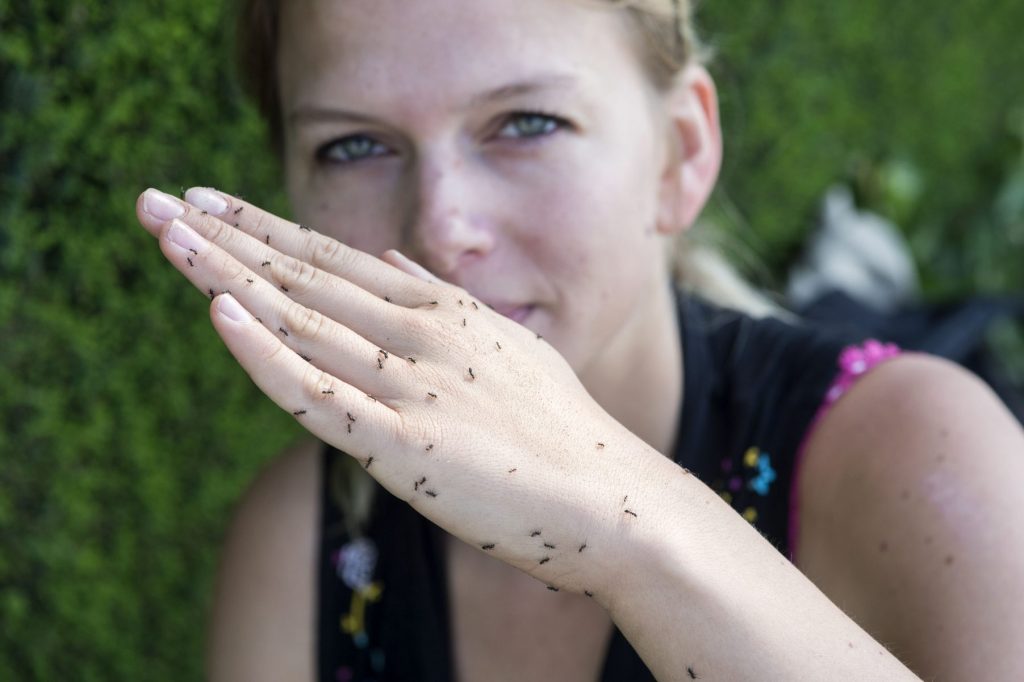Cleo is teaching two courses at the University of Lausanne.
General Ecology
This is an introductory course at the Bachelor level (2nd year students), taught in the Fall semester. The aim of the course is to introduce students to ecology as a science and to give them a solid understanding of the current environmental problems and challenges, using a cross-disciplinary approach.
Topics include:
- The notion of “balance” in ecology, biodiversity in time and space
- Major mass extinctions in the past
- Ressources (food, light, tools..) and conditions (climate, soil…)
- Characteristics of terrestrial and aquatic environments and how the affect organisms
- Species distributions and the ecological niche
- Species responses to changing environmental conditions
- Optimal foraging theory
- Community ecology
- Global diversity and richness patterns
- Island biogeography
- Succession and the intermediate disturbance hypothesis
The second part of this course (about coexistence theory, competition, vital cycles, demographic strategies, population dynamics, biomes, the biosphere and human ecology) is taught by my colleague Olivier Glaizot.

Biological Invasions
This is a research-focussed advanced course taught at the Master-level. It is open to students who are doing the Master programme in Behaviour, Evolution and Conservation (BEC) at UNIL, and for Master students at the HEC faculty who have registered for a interdisciplinary programme.
The objectives of the course are to:
1. Explain core theory and concepts underlying the spread and impacts of invasive species
2. Critically assess the current debate about invasive organisms (semantic, social, economic, biological..)
3. Understand how globalization leads to the accelerating dynamics of species ranging from viruses to mammals
4. Understand the characteristics of invasive species and vulnerable ecosystems
5. Discuss the interactions between biological invasions and other drivers of global change such as climate change

Here a local example: an invasive ant species, Tapinoma magnum, has recently arrived in Switzerland and is spreading fast in the region around lake Geneva:
